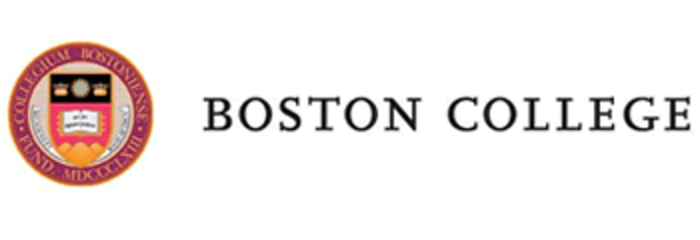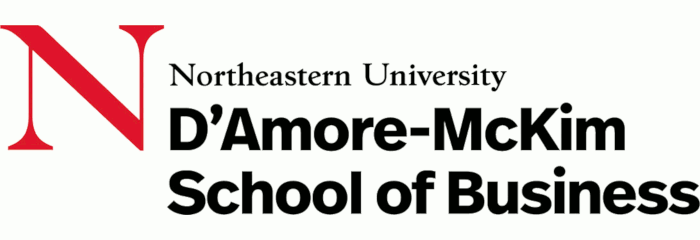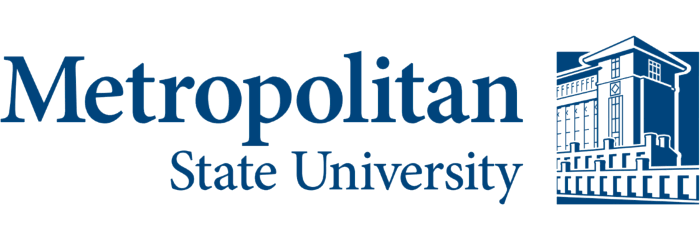
25 Best Colleges for Communications 2020
Ranked in this list are the top 25 colleges that offer a Bachelor's Degree in Communications based on the median salary of graduates one year after college. The top ranked school is University of Pennsylvania, with a median salary of $49,400. The school with the lowest median debt for this degree is Cornell University, with a debt of $13,500. Median salaries for the top 25 schools range from $39,400-$49,400.
Tuition, median salaries, and median debt were reported by the U.S. Department of Education in November 2019. View our methodology for more details about these rankings or read more about the top-ranked schools.
| School | Annual Tuition | Median Debt | Median Salary |
|---|---|---|---|
| University of Pennsylvania | $66,104 | $19,500 | $49,400 |
| Cornell University | $66,014 | $13,500 | $47,100 |
| Boston College | $67,680 | $15,500 | $45,700 |
| Northeastern University | $63,141 | $24,496 | $45,400 |
| Metropolitan State University | $9,780 | $16,562 | $44,000 |
| University of California - Berkeley | $45,627 | $15,000 | $43,800 |
| Colorado State University Global | $8,400 | $25,266 | $43,600 |
| University of Maryland - College Park | $40,306 | $19,000 | $43,300 |
| New York University | $60,438 | $21,375 | $43,200 |
| Santa Clara University | $59,241 | $18,742 | $43,000 |
| University of Maryland Global Campus | $12,336 | $21,541 | $43,000 |
| DePauw University | $57,070 | $26,000 | $43,000 |
| Boston University | $65,168 | $24,500 | $42,900 |
| Northwestern University | $65,997 | $15,500 | $42,600 |
| Fairfield University | $56,360 | $26,975 | $42,300 |
| Bryant University | $51,169 | $27,000 | $42,300 |
| Roger Williams University | $42,666 | $27,000 | $42,300 |
| Villanova University | $64,701 | $26,921 | $42,200 |
| American University | $56,543 | $25,000 | $42,100 |
| University of Michigan - Ann Arbor | $58,072 | $16,374 | $41,500 |
| Saint Anselm College | $46,810 | $27,000 | $40,800 |
| University of Delaware | $39,720 | $24,000 | $40,100 |
| San Jose State University | $19,872 | $14,000 | $39,900 |
| Southern Methodist University | $64,460 | $21,500 | $39,900 |
| Fordham University | $61,992 | $26,000 | $39,400 |
2020 Best Colleges Highlights
Learn more about the top colleges for a Bachelor's in Communications degree. You can also read student reviews of each school by clicking on the stars. Although student reviews were not used as a ranking factor in this list, we provide ratings and reviews so students can consider the experience of alumni in their decision-making process.

The University of Pennsylvania's Bachelor of Arts Degree in Communication is granted by their College of Arts and Sciences and is taught through the Annenberg School of Communication. To graduate with this degree, students must complete 34 course units, 14 or more of which must be major-related courses. There are ways to personalize a communication major at the University of Pennsylvania; for example, a student can do an internship, conduct research with guidance from faculty, choose tailored electives, or study abroad.
The degree requirements for a bachelor's in communication take students through courses that build from an introductory level through research methods, intermediate levels, and then to advanced courses. Students completing a communication degree may choose a concentration, which requires the completion of five courses from that concentration – three intermediate or advanced courses within the major and two courses on relevant subjects from a different school or department. There are 11 concentrations. Examples of these are Media Institutions and Policy, Political Communication, and Visual Communication. There is an option, too, to complete both a bachelor's and master's degree in five years, if a student elects to take the research and sub-matriculation track.

The Bachelor of Science in Communication degree at Cornell University prepares students to engage with the real-world communication landscape through studies in science, media, and technology. There is a requirement to complete at least 39 credits of communication courses, as well as satisfying the the requirement of taking an introductory statistics class and a first-year writing workshop (both of which can be fulfilled through qualifying transfer credits or a score of 5 on the relevant AP exam).
The bachelor's in communication at Cornell aims to develop students' analytical skills, so they can decipher and helpfully respond to social and policy issues. The courses will prepare students to write and speak with clarity and elegance, and it will give graduates a foundation on which they can continue building research and projects.
Students enrolled for a communication degree will have a large bank of classes to choose from. Upper-division classes include Communication and Decision Making in Groups, Crossing Cultures Through Films, and Communicating Self in Social Media.

Boston College has a vibrant, community-oriented Bachelor of Science degree in Communication. The degree requires a student to complete 128 credits, or 32 four-credit courses. Students will all take four mass communication foundational courses (like Understanding Media and Writing for Communication) and then choose an area of specialization. There are three areas of emphasis to choose from: Communication Studies, Advertising, and Public Relations. Students will then take five more classes within the track they have chosen.
The undergraduate communication degree at Boston College distinguishes itself from many other universities by emphasizing how students benefit in communications by being in a liberal arts college. The bachelor's in communication stands alongside classes from other disciplines to create a well-rounded education that will help students approach communication-related issues from a more holistic stance. The large bank of courses to choose from gives students the ability to tailor their degree to their interests.

The Bachelor of Arts degree in Communication Studies at Northeastern University requires a total of 128 semester hours, 52 of those being from communication courses. There are a few main ways to focus this course of study: double majoring, choosing a degree focus, or embarking on a combined major. Some combined majors, such as Computer Science and Communication Studies, qualify as Bachelor of Science degrees.
There are university-wide course requirements that all students must satisfy. There are also BA requirements for languages (taking beginner and intermediate language classes) that communication studies students need to satisfy. Then, there are the specific-to-communication classes. There is an introductory course, Communication Studies at Northeastern; common requirements (there are three classes in this category); a foundation course, where students choose one from four classes (including Communication Theory and Communication in a Digital Age); one cluster course, where students choose from five options (including Communication and Gender, and Free Speech in Cyber Space); two writing-intensive classes (such as Youth and Communication Technology, and Communication and Inclusion); a capstone course (like Contemporary Rhetorical Theory and Online Communities); and five elective communication classes.

Metropolitan State University has two tracks for a Bachelor of Arts degree in professional communication: the Organizational Communication track and the Public Relations track. While these tracks hold many similarities, there are differences in the primary theories discussed (organizational communication theory and public relations theory), as well as differences in the class options. Of course, students can further individualize their studies by adding a minor. For example, a student can get a minor in environmental communication, digital media, psychology, or violence prevention and intervention.
The communication programs require students to complete 36 credits in their major. There are six sections into which the communications classes are organized: prerequisites (which are introductory communication classes), initial coursework, media coursework, intermediate coursework, advanced coursework, and electives. The public relations track allows students to use an internship as credit towards their elective communication coursework.